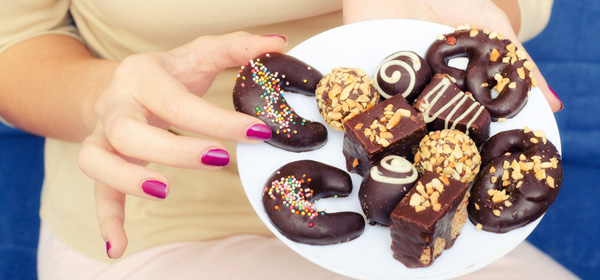When sitting down to a meal, have you ever wondered what effect your food will have on your sleep? Evidence suggests that certain kinds of foods and when you eat them can significantly influence how well you sleep.
The Sleep Health Foundation suggests that, as a rule, a healthy, balanced diet will boost your wellbeing and provide you with the right amount of energy to get through the day – and to bedtime. You should aim to allow two to three hours between having your last meal and skipping off to bed, but you should try not to go to sleep hungry either.
Particular foods can go a long way in either making or breaking a good night’s sleep. Generally, your body will struggle to process foods that are rich or heavy, highly acidic or that contain caffeine. Your digestive system is designed to slow down by around 50 per cent when you’re asleep, so eating foods that provide your body with energy will be counterproductive to the natural process.
Foods best not consumed close to bedtime include:
- protein-rich foods such as chicken and eggs
- sugar-laden foods such as boxed cereal or fruit yogurt
- takeaway-style foods such as cheeseburgers
- heavily spiced foods such as Indian curries
- dark chocolate
- chilli
- all alcohol, particularly wine
- coffee and black tea.
According to the Sleep Health Foundation, going to bed on an empty stomach can also affect your quality of sleep. A rumbly tummy can keep you awake at night, but light snack foods containing sleep-promoting magnesium, tryptophan or melatonin may help to have you nodding off sooner.
Good snack foods before bedtime include:
- plain popcorn
- almonds
- bananas
- cheese and crackers
- plain yoghurt
- cherries
- walnuts
- hummus
- peanut butter
- fish
- sweet potato
- spinach
- valerian tea
- milk.
What foods do you try to avoid before bedtime? Are there any that you’ve found help you have a better night’s sleep?

